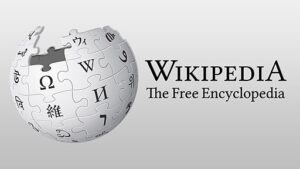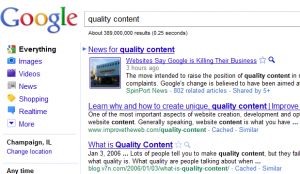One major goal for teachers and librarians today is to foster “information literacy,” a set of skills that allows us to efficiently communicate what information we need, understand where and how to search, think critically about information and use it strategically to achieve our goals. Information literacy instruction typically involves activities like a discussion of what makes […]
Evaluating Sources
Is Wikipedia a Reliable Source? A Look Into Its Credibility
”Imagine a world in which every single person on the planet is given free access to the sum of all human knowledge. That’s what we’re doing.” These oft-quoted words from Wikipedia founder Jimmy Wales demonstrate an interesting paradox: how can an information source be lauded as a modern-day Library of Alexandria while at the same […]
What Are the Best Free Websites for Learning and Productivity?
Today, there are tons of fascinating knowledge collections available for free on the open web. You can learn all about a new subject, acquire a new skill, or even take a complete university course from anywhere in the world as long as you have an internet connection. Often the trouble is finding these best resources, […]
How to Evaluate Podcasts: Tips for Finding the Best Podcasts
Podcasts, defined as a type of digital media with an episodic series of files subscribed to and downloaded through web syndication, are a great way to consume information. Since they are most commonly listened to on portable media players, you can keep up with the news or learn a new subject during your daily commute […]
How Do You Evaluate the Blogs and Websites You Visit?
If you’ve been in school in the last decade or so, you were probably given a handout at some point explaining how to evaluate internet sources. These documents usually give a list of criteria to inspect on a website so you can determine whether it is authoritative and reliable. I remember being told to investigate […]
Google’s Content Farm Algorithm Update: Can a Computer Judge “Quality?”
Google recently made a major change in its algorithms in order to improve the quality of search results. It affects about 12% of searches, making it much more significant than its frequent smaller tweaks. It’s a timely development for people who are claiming that Google is losing the war against spam. Google’s Amit Singhal and […]


